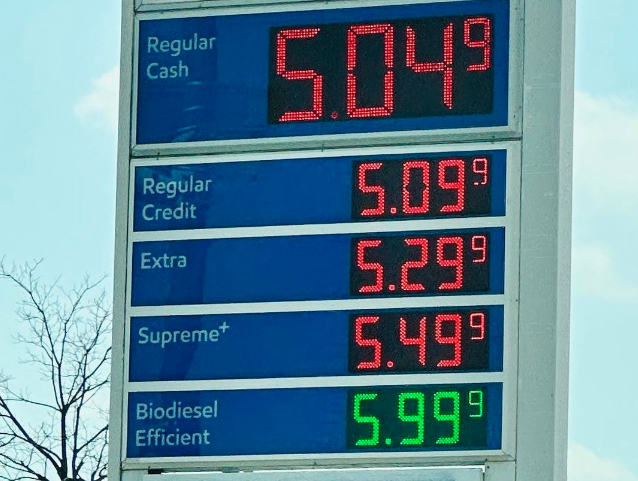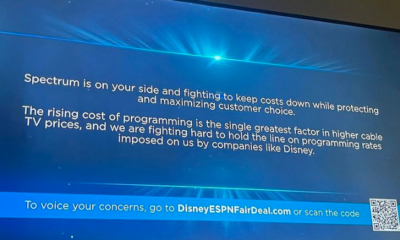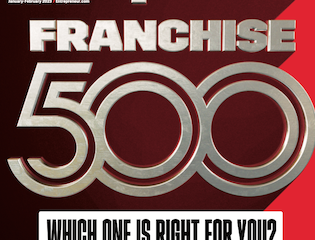
Courtesy of Instagram
Consumer confidence is trending downward despite slowing inflation, thanks to rising gas prices, stubbornly high food prices, and high interest rates, according to The Conference Board, a non-partisan think tank.
The research group’s Consumer Confidence Index released Tuesday shows sentiment fell in August, following two months of gains.
“August’s disappointing headline number reflected dips in both the current conditions and expectations indexes. Write-in responses showed that consumers were once again preoccupied with rising prices in general, and for groceries and gasoline in particular,” Dana Peterson, Chief Economist at The Conference Board, said in a statement.
The drop in consumer confidence was most notable among those earning more than $100,000 per year and those earning less than $50,000. Confidence among those earning between $50,000 and $99,999 remained “relatively steady,” Peterson said.
Gas prices are climbing again. According to auto club AAA, the national average price for a gallon of regular unleaded gasoline on Aug. 30 was $3.83. The highest recorded national average price was $5.02 on June 14, 2022.
Washington State and California on Wednesday saw average gas prices over $5 per gallon, with all of the western states and Illinois seeing prices over $4 per gallon.
Expectations for the next six months dropped sharply, “reflecting less confidence about future business conditions, job availability, and incomes,” Peterson said. “Consumers may be hearing more bad news about corporate earnings, while job openings are narrowing, and interest rates continue to rise — making big-ticket items more expensive.”
The Federal Reserve in July approved another interest rate hike in order to combat inflation, bringing the target range for the federal funds rate to 5.25 to 5.5 percent, the highest level since 2001. Although the Fed does not set mortgage rates, they tend to follow movement on U.S. Treasuries, which are often affected by the Fed’s decisions.
“The Fed is absolutely on a runaway train to get inflation back to 2%. We will continue to see 25 basis point hikes until that number gets close to or at 2%.” said Ted Jenkin, founder and CEO of Atlanta-based oXYGen Financial.
“People need to remember, when they see the CPI (Consumer Price Index) numbers, they don’t include energy and inflation. It’s why there’s a big disconnect between reported inflation numbers and what consumers are feeling in their wallet,” Jenkin said.
TMX contributed to this article.

























